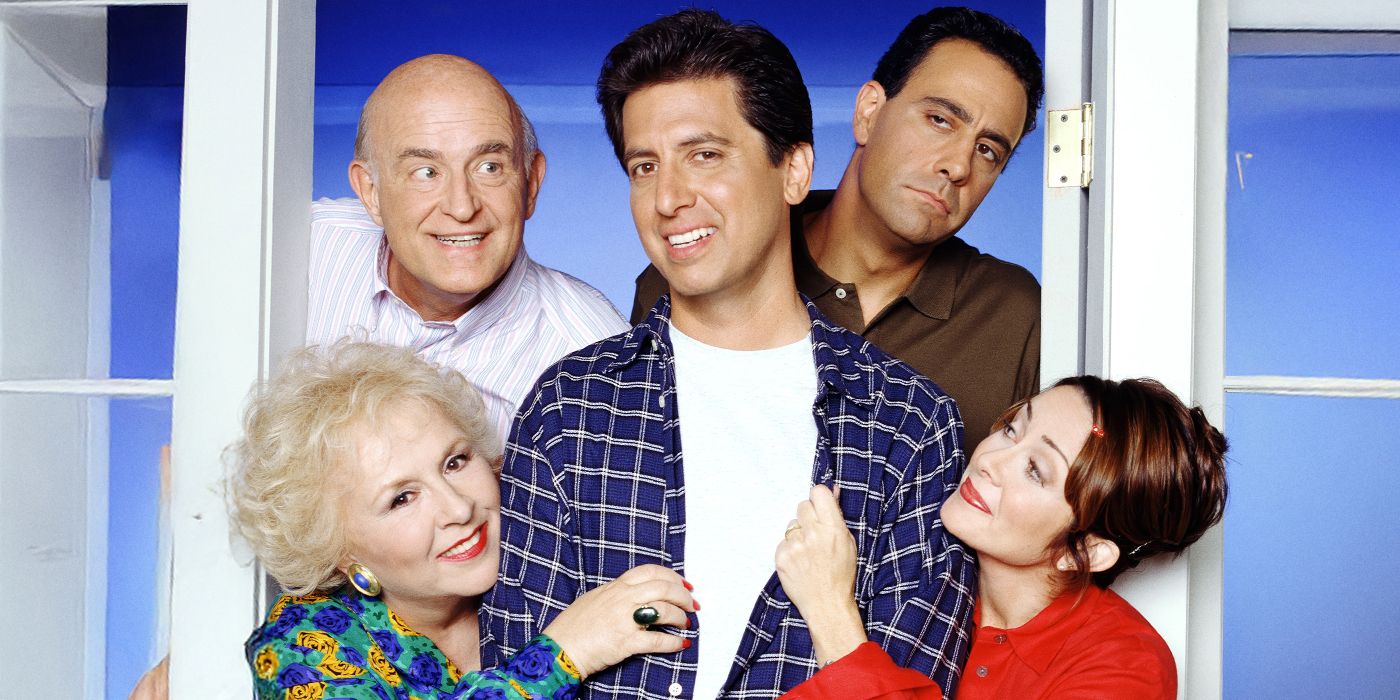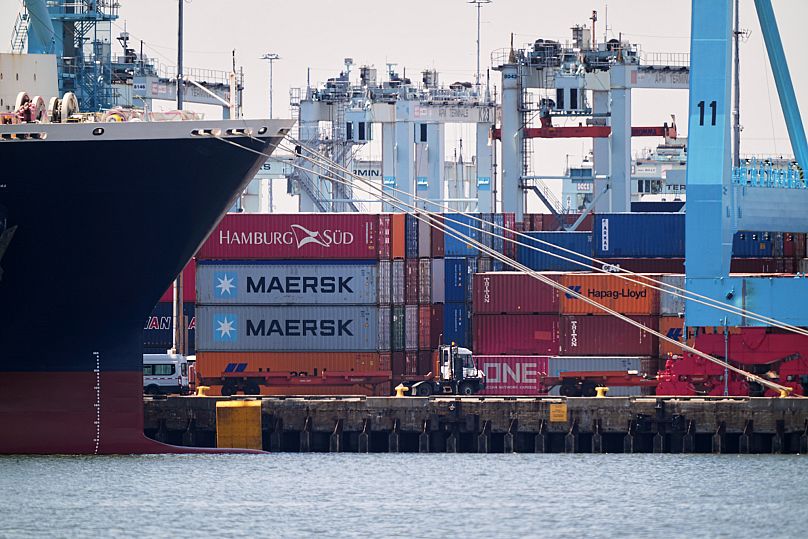Hollywood in Panic! Trump Threatens 100% Tariffs on Foreign Films, Sparking Global Industry Outcry

Donald Trump has pledged to impose a substantial 100 per cent tariff on films produced outside the United States, a move he claims is necessary to reclaim Hollywood from rival nations that have 'stolen' the American moviemaking business. This announcement, made on Truth Social, doubles down on previous threats, attributing the exodus of big productions from Los Angeles to generous tax breaks offered abroad, which he deems a 'national security threat'. He also criticized California's Democratic governor, Gavin Newsom, as 'weak and incompetent' in this context.
The potential implications for Britain's flourishing movie sector are severe. Figures from the British Film Institute show overseas investment accounted for 87 per cent of UK film spending last year, marking a 78 per cent year-on-year increase. The total UK film and high-end TV production spend reached a record £5.6 billion in 2024, supporting over 117,000 jobs in renowned studios like Pinewood and Elstree. Such a tariff could deliver a devastating blow to this vital industry, impacting its economic contributions and employment.
While Trump initially suggested British productions like James Bond would have 'nothing to worry about' during a UK-US trade deal discussion, his subsequent broad statements on tariffs left the UK's status unclear. Downing Street is reportedly awaiting clarification on how these tariffs would be implemented and if they would apply to the UK. A government spokesperson emphasized the UK film industry's significant contribution to the economy and global culture, reiterating a commitment to its continued prosperity.
Industry figures have voiced considerable skepticism and concern regarding the practicality and legality of Trump's plan. They argue that films are not conventional goods and question how tariffs would be calculated, whether based on box office revenue or production costs. Philippa Childs, head of Bectu, the union for creative workers, warned that the threat 'completely misunderstands' the industry's global connectivity, stating that tariffs would be 'completely unworkable' and a 'hammer blow' to the global sector, jeopardizing the UK's highly skilled workforce.
Kirsty Bell, chief executive of Goldfinch, a production company, further elucidated the complexities. She argued that the industry's challenges stem not from foreign films taking precedence, but from fundamental shifts: films are cheaper to make overseas due to varying tax credits, union agreements, and lower labor costs. Additionally, reduced budgets and evolving viewing habits, such as the decline in cinema attendance and subscription services in favor of social media platforms, have fundamentally altered the landscape. Bell stressed that tariffs are not the solution for revitalizing Hollywood; instead, an 'entirely different ecosystem' for filmmaking is required, necessitating 'seismic changes' in industry structure.
The enforcement mechanism for such tariffs remains ambiguous, especially given that modern films frequently involve production, financing, post-production, and visual effects spread across multiple countries. Blockbusters like 'Mission: Impossible - The Final Reckoning' are filmed globally (e.g., Britain, Norway, South Africa, Malta), and even ostensibly 'US films' like 'Barbie' were largely shot in the UK. This international entanglement leads studio executives to be 'flummoxed' by how such a tariff could be applied, with concerns about freelancers facing job losses if US films are not partly produced or entirely produced in the UK.
Legal and trade analysts have also expressed doubts, pointing out that films are a form of intellectual property and part of the global trade in services, an area where the US often maintains a surplus. The rise of co-productions with foreign studios further complicates classification and enforcement. Trump's proposed action signals a willingness to extend protectionist trade policies into cultural industries, creating significant uncertainty for studios reliant on international box-office revenue and cross-border collaborations. This comes amidst an industry already struggling to regain momentum after the Hollywood strikes and the Covid-19 pandemic, which shifted viewing habits towards home entertainment.
The proposed film tariff is part of a broader pattern of protectionist threats from Trump, who has also vowed to impose tariffs on countries not manufacturing furniture in the US, and previously announced duties on pharmaceutical products, kitchen cabinets, and heavy trucks. While the film industry remains a major contributor to the US economy, supporting millions of jobs and billions in sales, the viability and impact of such unprecedented cultural tariffs are widely questioned by experts and industry leaders alike.
You may also like...
Tottenham's £60m Gamble: Forest Threatens Legal Action Amid Gibbs-White Medical

Tottenham Hotspur is on the verge of signing Nottingham Forest midfielder Morgan Gibbs-White for £60 million, but the de...
Hell's Bells! 'Hazbin Hotel' Season 2 Trailer Drops, Bringing Back a Fan-Favorite Character from the Dead!

Prime Video's official trailer for <i>Hazbin Hotel</i> Season 2 offers a deep dive into the upcoming conflict between He...
The Whole Gang Returns: 'Everybody Loves Raymond' Celebrates 30 Years with Epic Reunion Special!

Thirty years after its debut, “Everybody Loves Raymond” is set to air a special reunion on November 24 on CBS and Paramo...
Explosive Revelation: New Footage Exposes Morgan Wallen's Initial Denial in Chair-Throwing Scandal!

Newly released police video footage shows country music star Morgan Wallen initially denying throwing a chair from a Nas...
Janet Jackson Joins Elite Club: Cardi B Fuels Historic 5-Decade Hot 100 Milestone!

Janet Jackson makes Billboard Hot 100 history by charting in a fifth distinct decade with her feature on Cardi B’s new t...
Royal Family Scandal: Meghan Markle's Father Reportedly Trapped in Philippines Apartment

Meghan Markle's father, Thomas Markle Sr., was trapped in a building after a 6.9-magnitude earthquake struck the Philipp...
Shocking Twist: British Boyband Member Accused of Assaulting Woman and Child

Multiple public figures in the UK are under scrutiny for alleged assaults and domestic abuse. An unnamed British boyband...
Act Now! BellaNaija's Vital #StopHPVForHer Campaign Demands Attention

BellaNaija has launched the #StopHPVForHer Campaign to combat cervical cancer by raising awareness about Human Papilloma...




